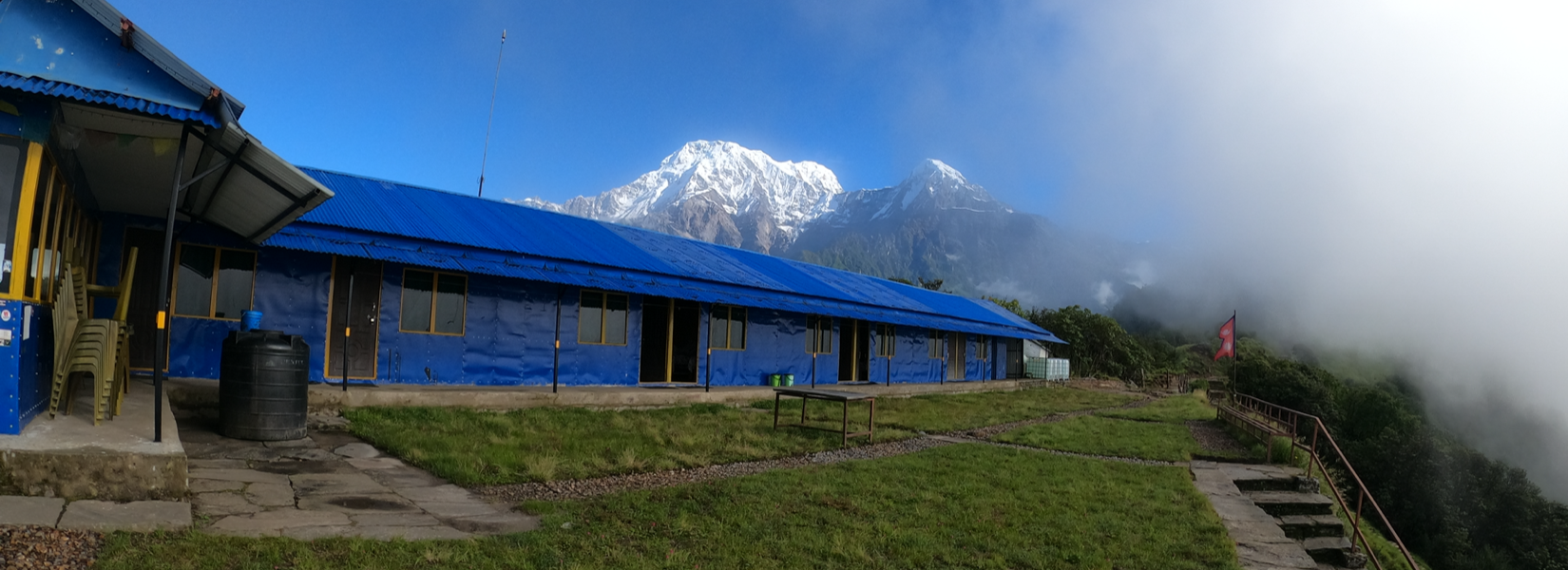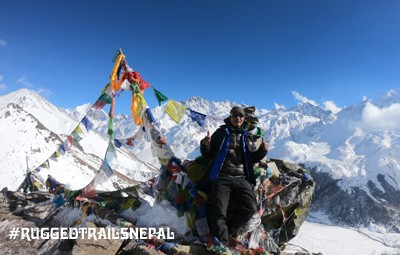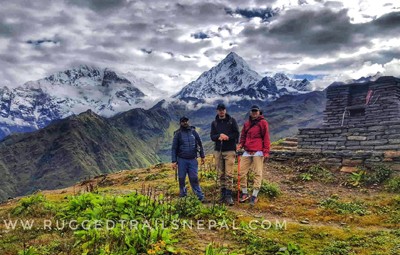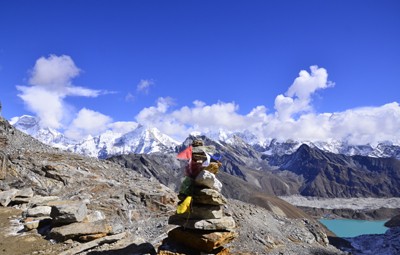Simply put, teahouses are your home away from home. Instead of camping equipment, there are family-owned or community-owned local cottages in the highlands. The structures are often made of wood or stone. Dining areas, kitchens, bedrooms, and baths are all included. In certain popular hiking areas, the tea house might be a multi-story edifice with private western-style restrooms. There is just a common toilet outside, and it is typically squat-type on isolated hiking routes and freshly established trek routes. Each tea business must follow certain guidelines, such as set pricing and a fixed menu. Tea house trekking in Nepal is unique in that it takes you past communities inhabited by Nepalese within the conservation area.
What is tea house Nepal trekking
Table of Contents
What does the dining hall look like in Nepal Tea House Trekking?
The dining area is an excellent place to meet other hikers. In the center of the chamber, a wood, yak, and cow dung-burning burner keeps the space warm at night. People sleep on benches in dining halls when rooms are filled. The majority of the dining hall has breathtaking views of the dawn, sunset, and mountains. In most circumstances, there is no designated seating. You are free to sit anywhere you choose. During high season, the dining area becomes overcrowded, and it's common to share tables with fellow trekkers. You are allowed to stay until 9:30 p.m.; after that, they will close the dining room for food and sitting. Guides, porters, and sometimes trekkers will be sleeping here.
Is there a kitchen in Nepal Tea Houses Trekking?
In most cases, the kitchen is a tiny space adjacent to the dining hall. During the high season, professional chefs will prepare meals for tourists. The hotel owner may occasionally make meals, and if there aren't enough people in the kitchen, the hiking guide and porters will join in.
What about the restrooms and showers in Nepal tea houses?
Most bathrooms are fairly basic; when trekking in Nepal, consider the basics and prepare yourself for ordinary life. The toilet is usually nearby and low in design. Because there is no hot water, you have to clean yourself with cold water. Bring plenty of toilet paper and hand sanitizer with you because these items are not always readily available. There are certain tea houses
Some tea shops have western-style bathrooms, although they are not widely available. Outside the building, there are showers. Most teahouses offer hot showers for an extra fee. The bathrooms and showers on major hiking routes like Everest Base Camp Trek routes, Annapurna Base Camp Trek routes, Mardi Himal Trek routes, and Annapurna Circuit Trek routes have been improved. Everest Base Camp Trek and Ghorepani Poonhill Ghandruk Trek are considered luxury trek packages since their accommodations and amenities have been enhanced.
What about the rooms on the Nepal Tea House Trek?
The rooms are small and simple, with two or three beds. With a tiny bed, the mattresses are thin and the pillows are frequently firm. Although most tea houses provide blankets, it is usually preferable to bring your own sleeping bags. Some travel bloggers claim that the tea house blankets are stinky, which is true since they do not have time to wash them during high seasons such as March to May and October to December.
Because the walls in this room are thin, wear earplugs if you don't want to hear sounds from the adjacent room while sleeping. Most of the rooms have windows, and if you select the perfect location, you will get wonderful views of the Himalayas. Major commercial areas like Ghorepani poon hill, Ghandruk up to Namche Everest base camp trek, Annapurna Region, and larger villages have attached rooms.
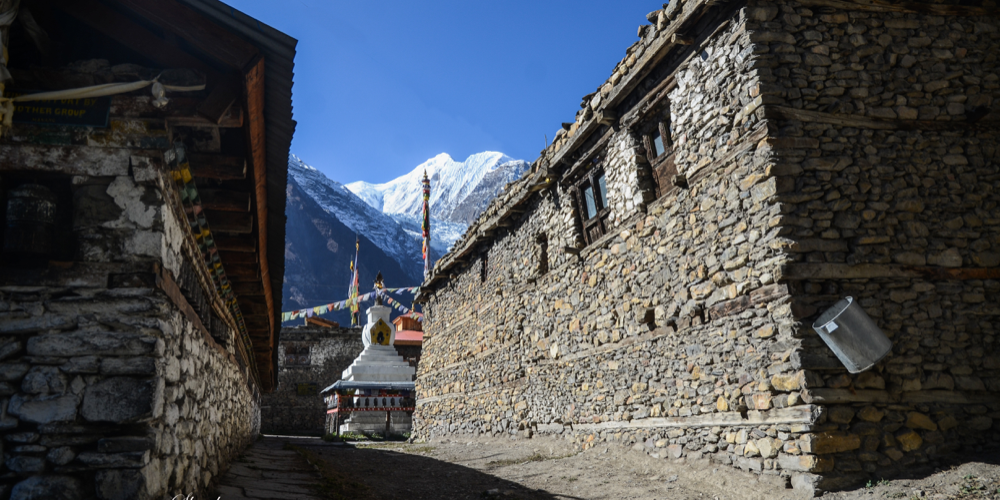
Is there Wi-Fi and electricity on the Nepal Tea House Trek?
The majority of tea houses utilize solar panels for energy, which is a clean and sustainable source. For a modest cost ($1–$2), you may charge your mobile devices in the dining hall area during meal breaks. However, if it is cloudy, there may be a power outage, so pack an additional battery or solar panel charger. Nowadays, the government has promoted local hydroelectricity, so most of the places will have electricity.
Wifi is provided at the dining hall area, although the connection is not reliable in all trekking regions; some trekking regions have good connections, while others have horrible connections that may go down after a while. There was a period when no one knew what happened after leaving the cities, so things got a little bit better.
Will I get food and beverages on the Nepal Tea Houses Trek?
You will be amazed at the pizza, pasta, and burgers at certain restaurants; it may seem strange to be eating pizza in a rural section of Nepal. The locals choose the Nepalese, Tibetan, and western cuisine on the teahouse menus. Dal bhat (lentils and rice) is a popular meal, as are momo (dumplings) and thukpa (noodle soup). Not everywhere, but certain hiking routes' guides will advise you not to consume meat. Most hikers, guides, and porters choose locally cooked foods like dal bhat roti for safety concerns. Tea is the preferred beverage in Nepal and is widely available. You may choose between black tea, mil tea, coffee, and trekkers favorite hot lemon ginger honey tea. Beer lovers will get local beers, and you must try Nepalese local wine, which is called Raksi
What kind of breakfast will I get on the Nepal Tea House Trek?
Breakfast is normally kept to a minimum. Toast, eggs, muesli, pancakes, chapati, and Tibetan bread are all possibilities. Toast is commonly served with a variety of jams, honey, and Nutella. Tea, coffee, or hot chocolate will be served.
What about my lunch and dinner during the tea house trek?
The lunch and dinner menus are nearly identical. They both usually comprise a variety of main meals, soup, and noodles. As already said, you will be served a variety of foods, ranging from soup to pizza and pasta.
Is there anything I need to book ahead of time?
When you order a teahouse trekking package, the agency normally handles all of your teahouse reservations. Except for personal snacks and beverages, the rest of the trekking fee covers housing and meals. During the peak season, all hiking companies will reserve the tea houses. It's sometimes difficult to find a place to sleep in the dining hall. It is generally preferable to plan ahead of time before venturing into the mountains.
It means I don't need to bring anything with me to Nepal!
You must bring your trekking clothing and equipment, so the answer is both yes and no. You are not required to bring food, however, you may bring your favorite chocolates or snacks for the hike. Also bring your personal medication, although guides will have a first-aid kit with them. If you don't have time to shop for trekking equipment, simply get on a plane with your suitcase and buy or rent all the reasonable trekking equipment in Kathmandu or Pokhara. You feel like you're ready for the Tea House hike in Nepal now?
I believe I am prepared to travel to Nepal. What do you suggest?
You should no longer be puzzled because there are numerous trekking routes and suggestions for hundreds of various trekking and tour businesses. First, choose the length of your trip and your physical strength. Almost everyone screams for the Everest Base Camp Trek, which is not difficult, but consider which trek is best for you. All of the recommended hikes will provide you with a diverse range of Himalayan, cultural, and natural experiences. Follow the link we have listed for the Best Nepal Tea Houses Treks for 2024 If you are still confused, please contact us, and we will respond as soon as possible.
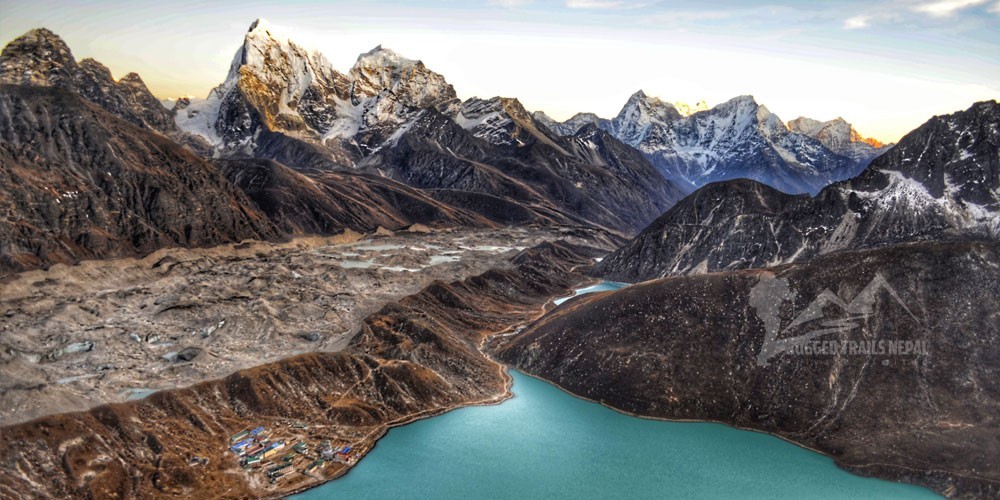
I have limited time. Are there any short treks in Nepal that I can join?
Yes, all of Nepal's most popular trekking routes can be customized. The majority of the short hiking routes are located in the Annapurna Region of Pokhara, Nepal. The only journey that cannot be shortened is Everest Base Camp; however, you can choose other ways to reduce your expedition quickly. We've compiled a list of Nepal's top short treks to make your decision easier; you choose the best one for you.

